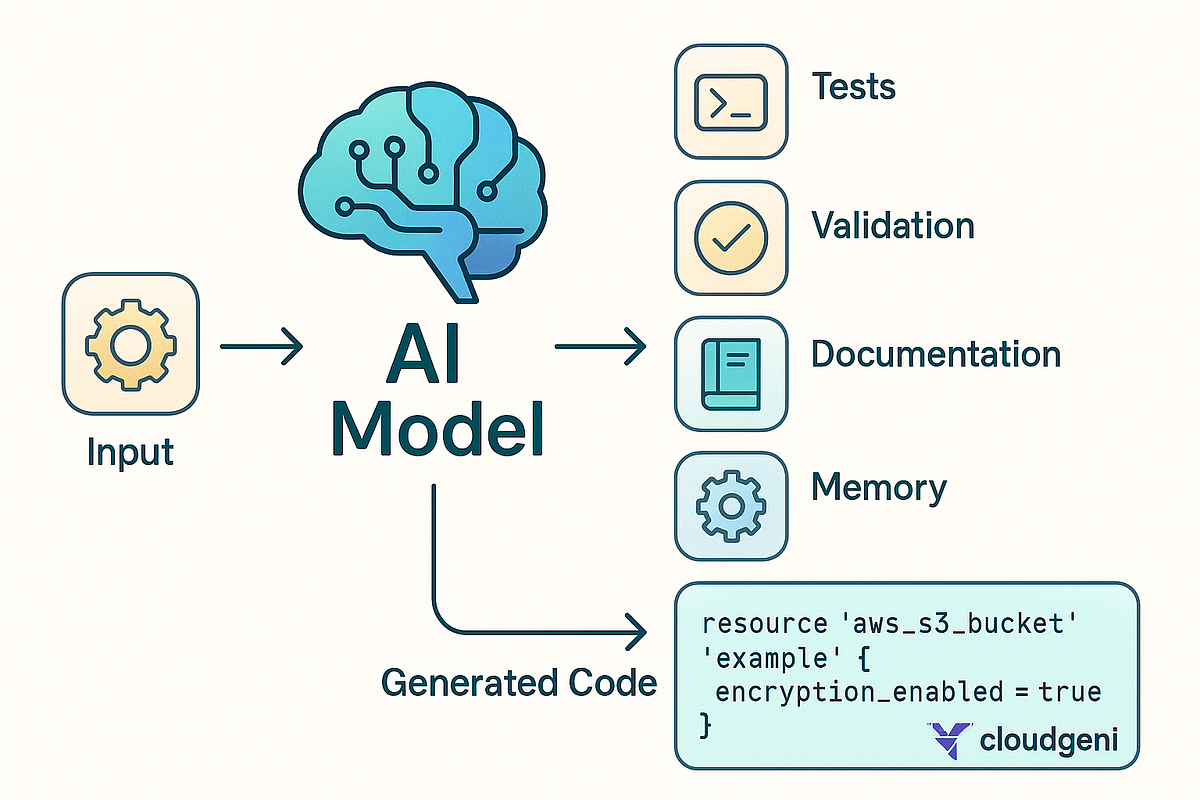MDN takes a strong stance against using new with Boolean:
…all objects, including a Boolean object whose wrapped value is false, are truthy and evaluate to true in places such as conditional statements. — MDN: Boolean: Boolean primitives and Boolean objects
(…though it makes use of it on other pages without a warning)
!!(Boolean(false)) !!(new Boolean(false))A quick shout out to previously unknown (to me) new.target for detecting use of new in your own classes.
But how do I customize this behavior? I want to make my own Boolean-esque object and I need a low-level mechanism to intercept boolean primitive coercion to do it!
Consider this class that extends Boolean:
class MyBoolean extends Boolean { [Symbol.toPrimitive]() { return this.valueOf(); } } !!(new MyBoolean(true)) !!(new MyBoolean(false))Or this example creating a new Boolean-esque class:
class MyBoolean { #v; constructor(val) { this.#v = Boolean(val); } valueOf() { return this.#v; } [Symbol.toPrimitive]() { return this.#v; } } !!(new MyBoolean(true)) !!(new MyBoolean(false))MDN again, with a quick quip:
Note: Unlike other type conversions like string coercion or number coercion, boolean coercion does not attempt to convert objects to primitives by calling user methods.—MDN: Boolean: Boolean coercion
I wish I could end this blog post with some magical hack that I found to workaround this behavior, but I have yet to make such a discovery. I’m only left with this blog-post-as-comment-card hoping that someone will see my plea to unlock this new power. ECMAScriptarians, help!
Related:
#3 Popular (per day) #330 Popular (total)
Older >
These are webmentions via the IndieWeb and webmention.io.
.png)




